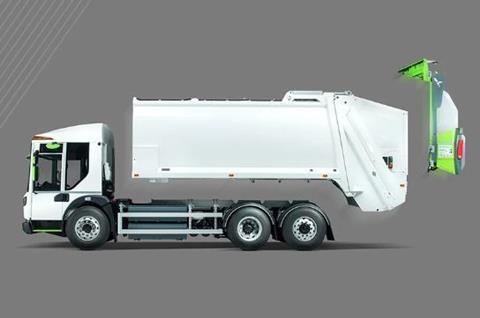Belfast City Council has successfully transitioned over 200 vehicles, including bin lorries and street sweepers, to operate on HVO, marking a significant step toward achieving its net-zero targets, according to an announcement from the council. This initiative represents nearly 50% of the council’s heavy goods vehicle fleet.

The vehicles are now powered by hydrotreated vegetable oil (HVO), a low-carbon, zero-sulphur fuel derived from renewable sources like rapeseed and sunflower oil. HVO serves as a fossil-free alternative to diesel, capable of reducing greenhouse gas emissions by up to 90% per vehicle.
As part of the council’s commitment to transitioning to Net Zero by 2050, a climate fund of £1 million was allocated for internal projects in June 2021. Lord Mayor of Belfast Ryan Murphy highlighted the positive impact of reducing diesel vehicle usage, estimating a saving of approximately 2,000 tonnes of emissions. Several other councils in Northern Ireland are reportedly testing the use of HVO fuel. Fermanagh and Omagh District Council is currently running a pilot with five vehicles, setting a target to achieve a net-zero fleet by 2031.
While HVO fuel is approximately 50p more per litre than regular road diesel, council officials emphasise the broader benefits, including a 90% reduction in carbon dioxide emissions per vehicle. The move aligns with the council’s exploration of various alternative fuels, such as electric cars, hydrogen, and bio methane.


















